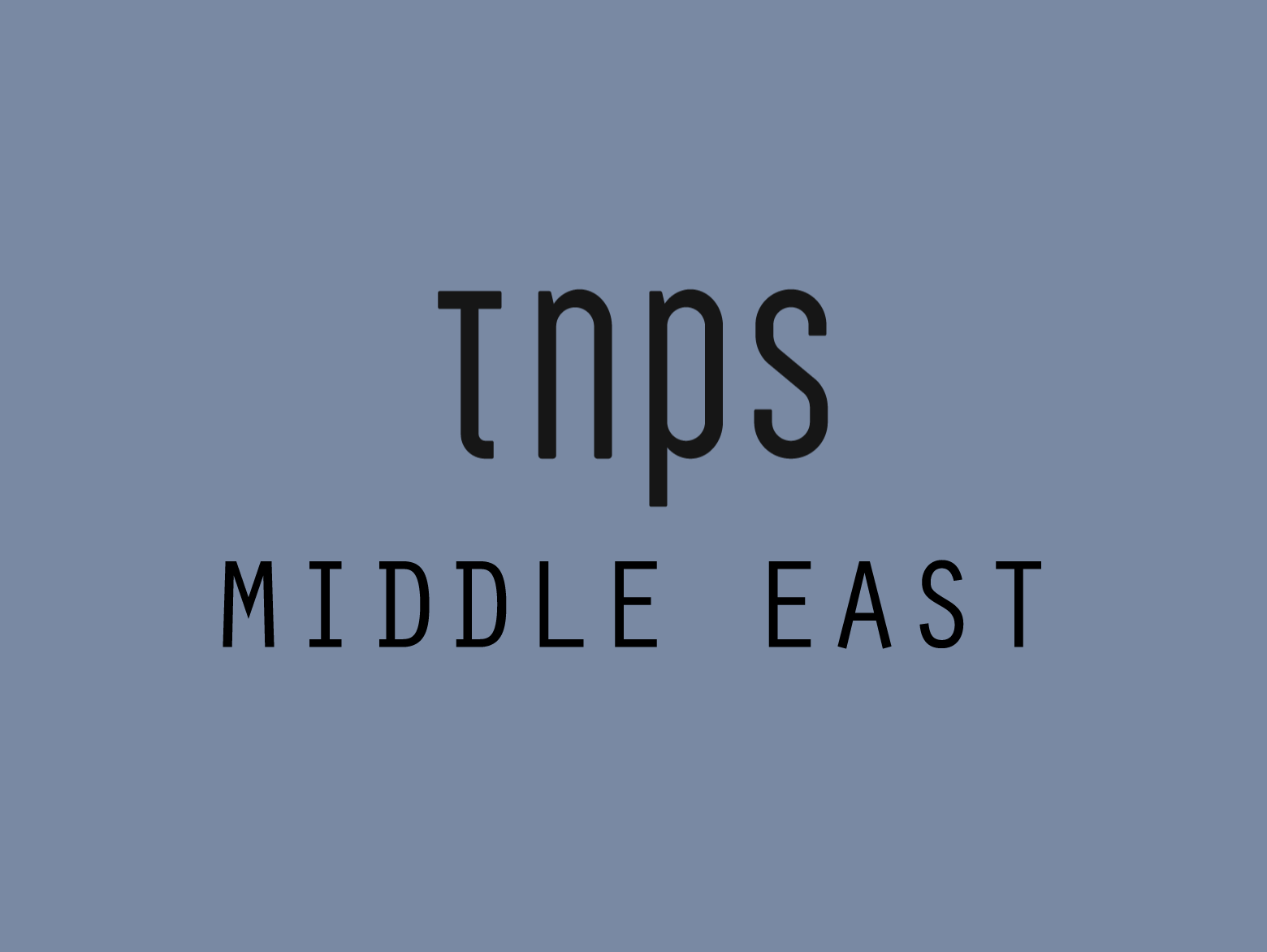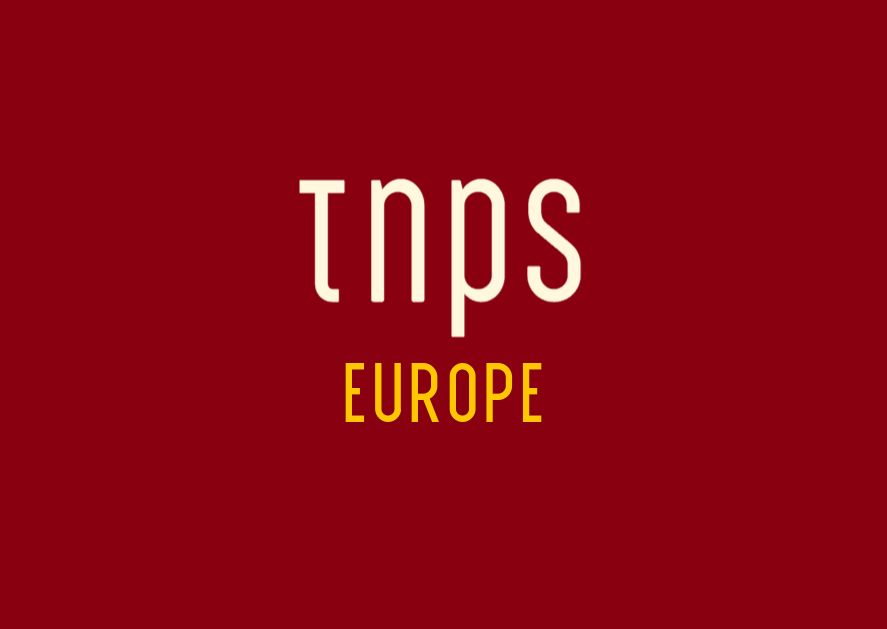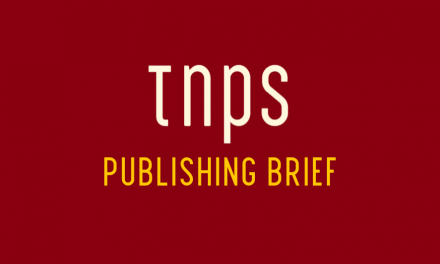Trade fiction, academic works, comics, audiobooks and digital serials are all being reimagined- from Tokyo’s manga cafés to Dubai’s audiobook studios. And all too often it is the “west” that is playing catch-up and copy-cat.
At Qatar’s 34th Doha International Book Fair (DIBF), industry leaders convened for a seminar – “Dynamics of the Publishing Industry: A Comparison between the Arab and Western Worlds”.
While the discussion highlighted both challenges and achievements, it also perpetuated a persistent but patently false assumption: that “Western publishing” equates solely to the the US and a handful of European markets.
But this narrow lens overlooks the vibrant innovations emerging across Asia, the Middle East and beyond.
Historical Perspectives at Doha: Two Traditions, One Profession
- Arab Beginnings Ibrahim al‑Bu Hashem al‑Sayed traced the Arab world’s publishing roots from early manuscript copying through the Ottoman press era. Today’s Arab publishers often shoulder end‑to‑end responsibilities – editing, printing, distribution and marketing – without the specialised infrastructure common elsewhere.
- Western Iterations Ahmed Rashad contrasted this with the Western model, where literary agents, professional distributors and marketing agencies create a segmented industry. He praised developments in DIBF’s evolution – from static stands to immersive cultural events – while citing the longstanding strengths of the U.S., UK, France and Italy in international rights markets and translation networks.
The Myth of “Western Publishing”
Referring only to four European‑American markets risks:
- Excluding Other “Westerns”: Spain, Germany, Scandinavia and Latin American countries also nurture robust publishing ecosystems. And of course the German book market is bigger than that of the UK, France and Italy, so a curious choice.
- Overlooking “Global South” Leaders: Regions such as East Asia and parts of Africa are shaping the future of storytelling and distribution.
- Reinforcing a Centre–Periphery Divide: Assuming innovation flows only from a narrow Western core perpetuates outdated hierarchies.
Innovations Beyond the “Western” Markets
The last two decades have seen remarkable advances from non‑Western markets:
- Manga and Light Novels (Japan) Serialised graphic storytelling—chapter by chapter in magazines—later collected into volumes, has grown into a global phenomenon. Publishers such as Shueisha and Kodansha employ reader surveys and digital platforms to guide narrative direction.
- Digital Serialisation (China & South Korea) Platforms like Webnovel, Wattpad’s regional counterparts and Webtoon enable authors to publish instalments directly to millions of readers, often monetising via micro‑transactions.
- Regional Hubs of the Middle East Sharjah and Abu Dhabi have invested heavily in cultural infrastructure: Sharjah’s International Book Fair fosters rights trading across Arabic, Urdu and South Asian language markets, while Abu Dhabi’s twofour54 media zone incubates digital publishing startups and local-language audiobook producers.
- Latin American and African Voices Initiatives such as São Paulo’s comic‑book festivals and Nigeria’s AfriSeries digital imprint demonstrate that genre fiction, graphic novels and podcast‑style storytelling flourish outside the traditional West.
The Arab World’s Publishing Renaissance
Despite structural challenges – limited literary agencies, under‑resourced translation workflows and publisher‑led distribution – Arab markets are forging pathways forward:
- Collaborative Consortia: Publishers in Qatar and Egypt are forming alliances to share printing, marketing and rights‑management services.
- State‑Supported Festivals: The DIBF itself now offers workshops on digital publishing, self‑publishing portals and rights negotiations.
- Multilingual Editions: Increasingly, Gulf publishers release bilingual or trilingual editions (Arabic/English/French), recognising regional diversity.
With supportive entities and professional unions, the region’s publishers stand poised to move from individual endeavours to a more organised, sustainable ecosystem.
Toward a Truly Global Publishing Landscape
The Doha seminar succeeded in making the point that publishing is a dynamic, border‑transcending endeavour, a lesson that we in “the west” would do well to learn from too. To confine “Western publishing” to a (or indeed any) quartet of markets is to ignore the seismic shifts unfolding elsewhere.
Trade fiction, academic works, comics, audiobooks and digital serials are all being reimagined- from Tokyo’s manga cafés to Dubai’s audiobook studios.
And all too often it is the “west” that is playing catch-up and copy-cat.
For publishing professionals, wherever we are on the global map, recognising and engaging with these diverse innovations is crucial. By broadening our definition of “Western” and embracing cross‑cultural collaborations, we can foster a richer, more inclusive global marketplace – where stories and formats evolve not just in response to technology, but through the shared creativity of all regions.
This post first appeared in the TNPS LinkedIn newsletter.





